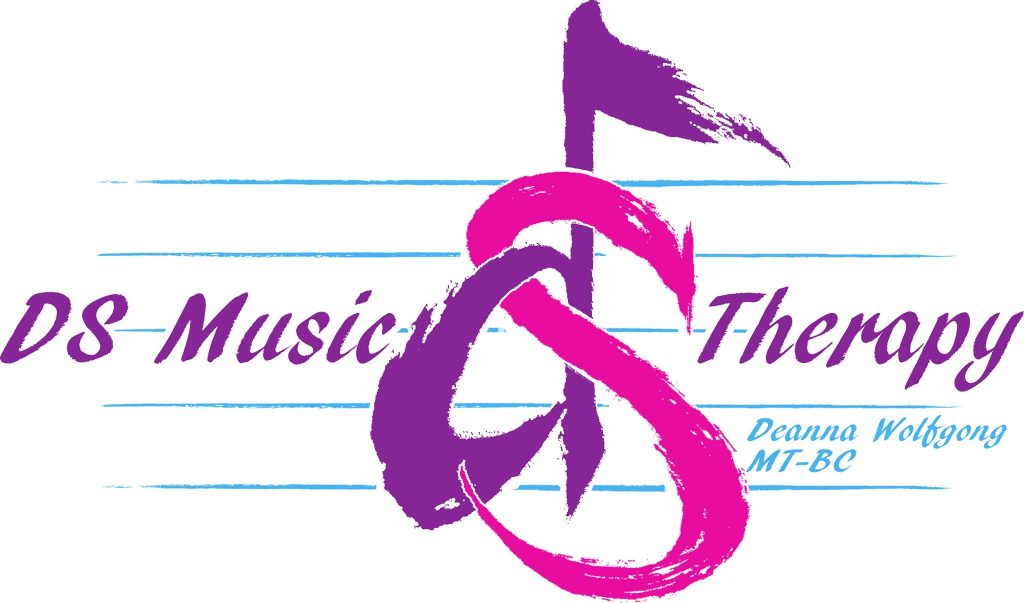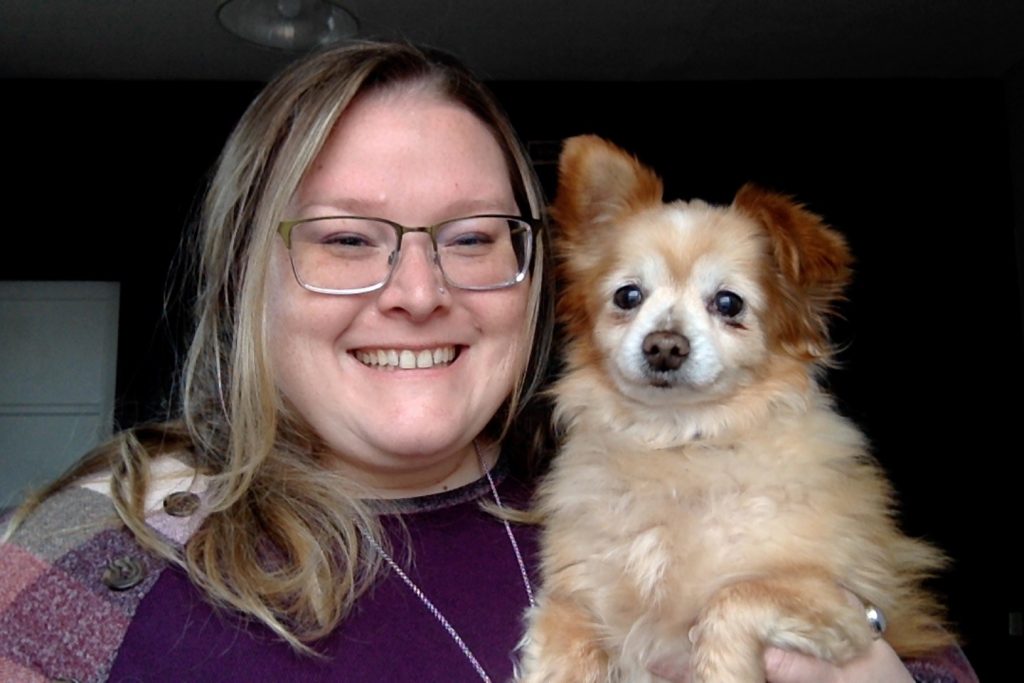by Deanna Wolfgong

Many people have heard the sayings “Music soothes the savage beast” or “Where words fail, music speaks.” But how many people have actually thought about why? Why is music such a powerful medium? As a music therapist, I’ve seen firsthand how music can change lives. Whether it’s helping someone who is non-verbal speak for the first time or aiding those struggling to connect with others, music has consistently been the key to unlocking those breakthroughs.
Music engages the entire brain. It’s more than just entertainment—it’s a way to learn, relieve stress, and even manage pain. Think about it: many of us learned the alphabet through song, and schools often use music to teach both academic and social skills. Music can also be a great motivator. Ever turn up the volume to get moving on that to-do list? Or maybe you’ve noticed how music can relax you, allowing stress and tension to melt away. It’s even been shown to help alleviate pain by calming the body and mind.
My name is Deanna Wolfgong. I am the owner of, and only music therapist at, DS Music Therapy located in Franklin, PA, within Porch Music Store and Artist Attic. While I specialize in working with children, I’ve worked with people of all ages, using music to address non-musical goals like reducing anxiety and improving communication. Music therapy is a clinical, evidence-based practice that can benefit many people by targeting health and educational goals.

If you’re looking for a way to manage stress, improve mental clarity, or just connect with yourself or others on a deeper level, music might just be the answer.
“Music Therapy is the clinical & evidence-based use of music interventions to accomplish individualized goals within a therapeutic relationship by a credentialed professional who has completed an approved music therapy program. Music therapy interventions can address a variety of healthcare & educational goals and many can benefit from music therapy services. The base of evidence in music therapy research is extensive and strong.” (American Music Therapy Association).
This article was published in the Future Leaders & Entrepreneurs Exchange’s (FLEX) November 2024 edition of the FLEX Your Ideas (FYI) Newsletter.
